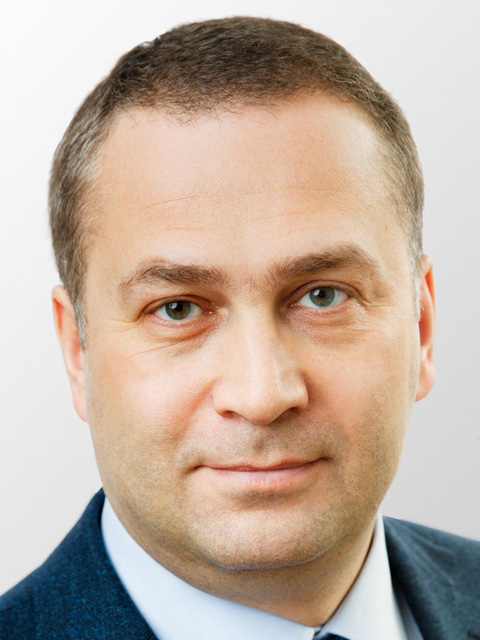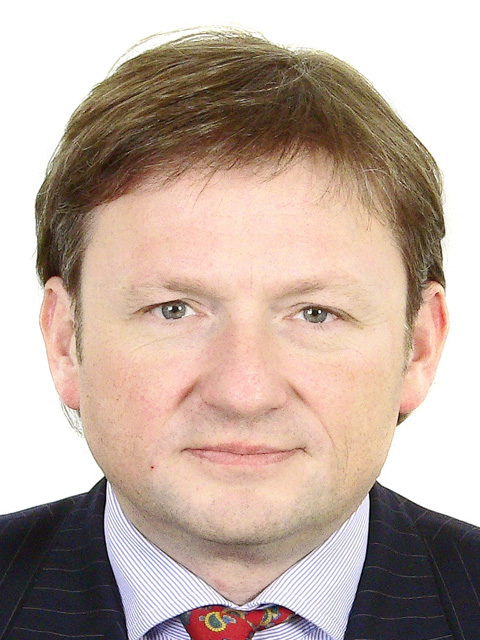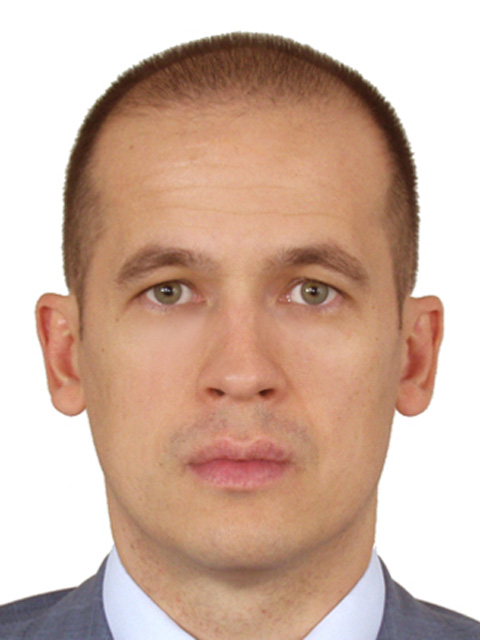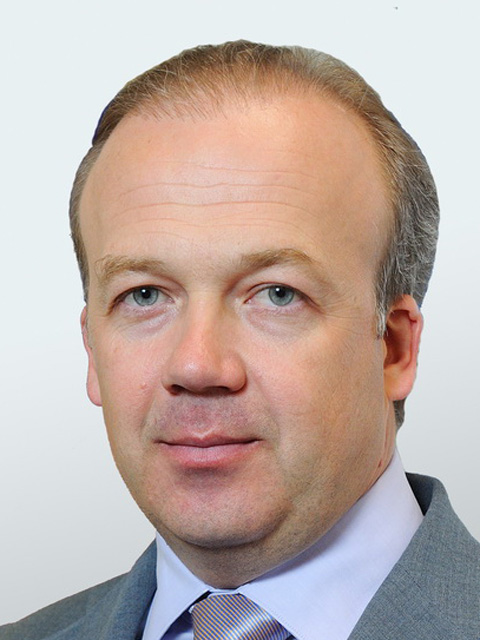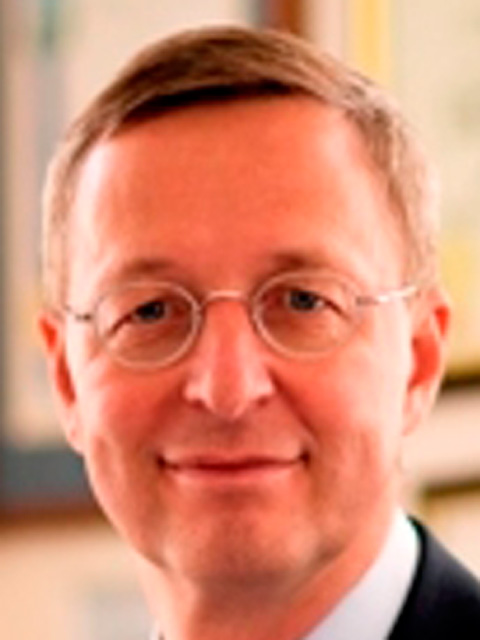COMMISSIONER FOR ENTREPRENEURS’ RIGHTS PROTECTION – RESULTS OF THE FIRST YEAR
The office of the Russian Presidential Commissioner for Entrepreneurs’ Rights Protection was introduced on July 22, 2012 and within a year the federal law ‘On commissioners for entrepreneurs’ rights in the Russian Federation’ was enacted. What has the commissioner identified as the main problems facing entrepreneurs? What information resources and other support are available to entrepreneurs as they confront unlawful persecution through excessive administrative barriers? How does the work of the office fit into the larger context of international efforts? What are the next steps and time frames for the office’s development agenda?
Moderator:
Dimitry Afanasiev ,
Chairman, Co-Founding Partner, Egorov Puginsky Afanasiev & Partners
Panellists
Boris Titov ,
Presidential Commissioner of the Russian Federation for the Protection of Entrepreneurs’ Rights
Choong Yong Ahn ,
Foreign Investment Ombudsman, South Korea
Alexander Brechalov ,
Co-Chairman, All-Russia People's Front; Secretary, Civic Chamber of the Russian Federation
Igor Zubov ,
Deputy Minister of Internal Affairs of the Russian Federation
Andrei Nazarov ,
Co-Chairman, All-Russia Public Organization Delovaya Rossiya (Business Russia)
Andrew Somers ,
President, Chief Executive Officer, American Chamber of Commerce in Russia
Michael Harms ,
Managing Director, German Committee on Eastern European Economic Relations
Victor Yermakov ,
Director General, The Russian Agency for the Support of Small and Medium Businesses
Alexey Repik ,
President, Delovaya Rossiya (Business Russia)
Yana Yakovleva ,
Chairwoman, the Business Solidarity movement




